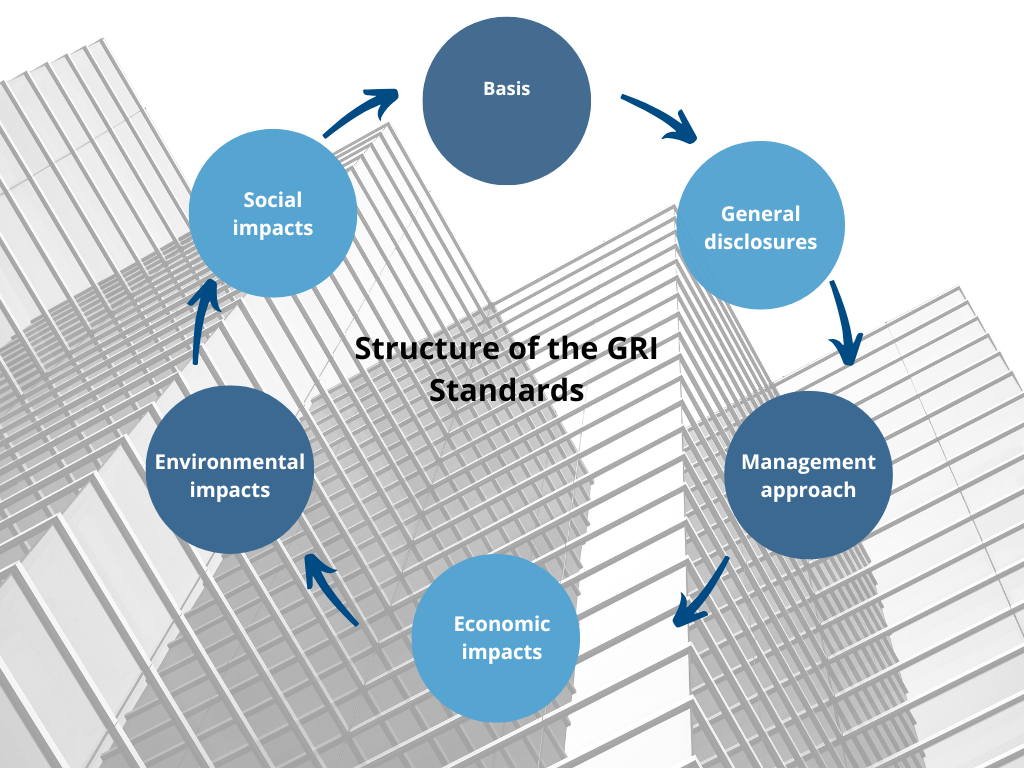Occupational Health and Safety
Sustainable Development Reporting
In recent years, socially responsible operations of organisations have become the main theme of the developed part of the global economy. Therefore, modern organisations build all aspects of social responsibility into their management systems.
The foundations of social responsibility promotion in all the EU Member States were laid down in the Green Paper (Green Paper on Promoting a European Framework for CSR) of 2001 where corporate social responsibility is defined as “… the concept based on which the enterprises on a voluntary basis decide to contribute their share to better society and cleaner environment”. Today, consumers, shareholders and the financial community, employees, contractual partners, government and broader social community, non-governmental organisations, in short various stakeholders, require organisations to be responsible for their social and environmental impacts and to report on their operations in this field.
Reporting Under International Standards
SIQ provides verification of GRI sustainability reports and training on GRI and ESG (Environmental, Social and Governance) sustainability reporting.
Globally, the GRI G4 international guidelines represent the most widely used sustainability reporting model. The Global Reporting Initiative (GRI) is an international, network-based non-profit organisation that on a global scale promotes the development of the most widely used framework of reporting on sustainable development and the GRI Guidelines www.globalreporting.org. SIQ is a member of this community.
Reporting is based on measurable indicators of the organisation’s economic, social and environmental impact. They encourage organisations to understand the development strategy in a broader sense and that in addition to the goals in the field of financial operations, these organisations also set broader economic, environmental and social objectives. The Guidelines enable an organisation to select the indicators in accordance with its own orientation of sustainable development.
For organisations that use the GRI Standards for their sustainability reporting, we recommend that the report is verified by an independent body. Obtaining independent assurance on the corporate responsibility or compliance of your organisation’s sustainability report is key to ensuring the trust of your stakeholders.
The verification confirms that the Sustainability Report is in line with the principles and guidelines as set out by the GRI.
Verification Provides a Number of Benefits
- Verification of the accuracy, truthfulness and verifiability of the information provided to demonstrate consistency.
- Verification of the completeness of the report, in line with the standards, the selection of relevant reporting topics and the verification of the GRI indicators used.
- Identifying areas for further improvement in line with the GRI principles.
- Enhancing the reliability of the report by providing an independent verification opinion.
- Improving the organisation’s reputation, brand and market trust.
- The data presented and used in the report is reliable and verified and as such used for the organisation’s planning and decision-making.

Contact us
SIQ Ljubljana
Mašera – Spasićeva ulica 10
SI-1000 Ljubljana
Miloš Seražin
Tel: +386 (0)1 4778 212
milos.serazin@siq.si
